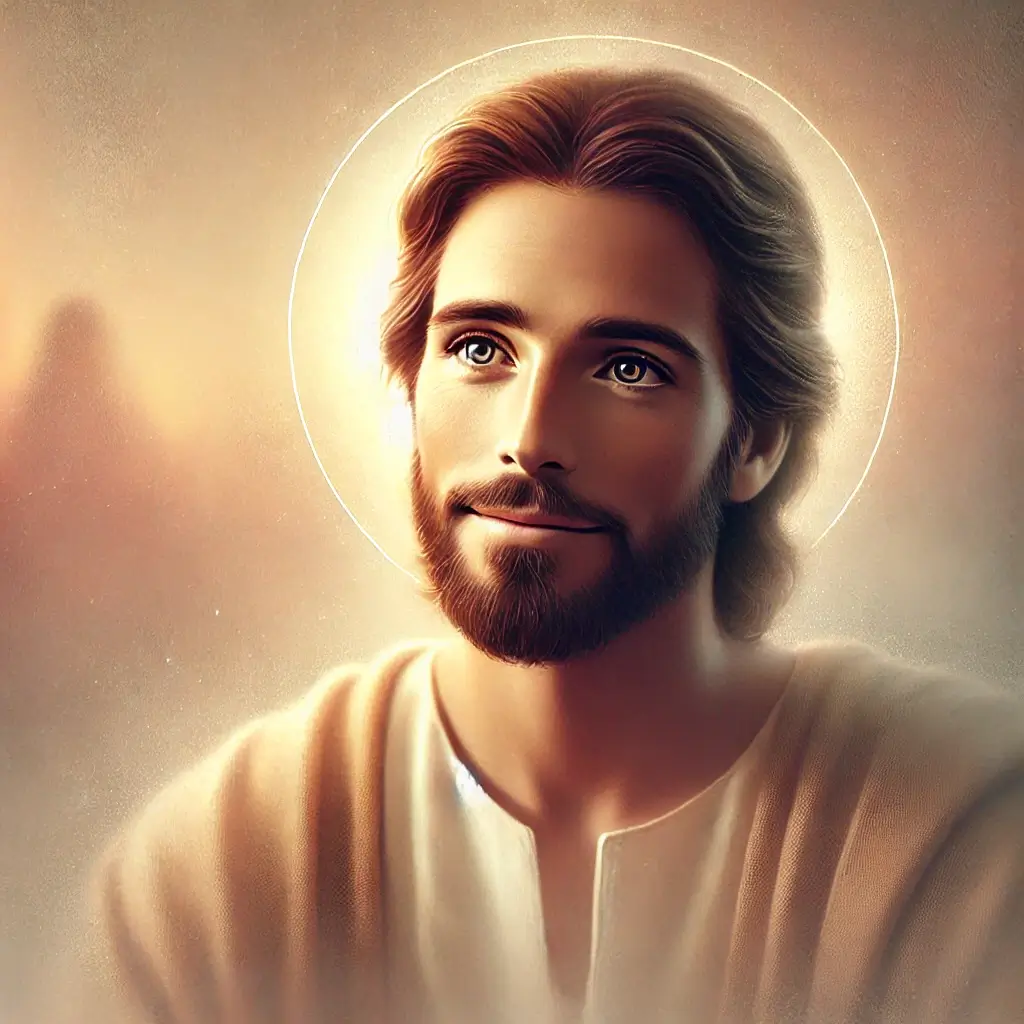
Jesus: I Speak to You Again
Chapter 104
Catholic Priests Must Have Their Families
The Catholic Church violates the free will of the Father when it forbids its priests to marry, have families, raise children, and share their experiences in parenting with their congregations. If they were allowed to do so, they could offer a living example of how to nurture children in love and harmony with the Father, helping them grow as sons and daughters of the Father from an early age.
The Universal Father gives all His children equal opportunities to experience Him within themselves. In the same way, He provides everyone with the natural attraction to the opposite sex, ensuring the continuation of humanity and its races. However, when people turn away from the Father, they create restrictions for certain groups, limiting their ability to live naturally. These restrictions do not come from the Father; they are the result of human choices, made in pursuit of goals that violate the Father’s will. Such deviations have a profound impact on the development of all humanity.
The prohibition against Catholic priests having children is nothing more than a tradition created by humans. The same applies to monks and nuns, both in Buddhist and Christian traditions. These restrictions are a violation of the Father’s will and a misguided punishment imposed on humanity by its own actions.
Consider how many honest and sincere Catholic priests, nuns, and monks could contribute to strengthening family life if they were allowed to have families and set an example for others. These individuals, even while adhering to outdated traditions and dogmas, could become the salt of the earth, nurturing their children in love and helping them open their hearts to the Father. Through their example, they could help future generations move beyond dead customs and embrace a living faith, something their parents and ancestors may not have dared to do.
The Father gave animals the instinct to reproduce, but He gave humans something more—the spirit of the Father Himself, guiding us to apply moral principles in both family and society. When society turns away from the Father’s spirit, morality and honesty degrade, and no one is left to awaken the people to higher spiritual ideals. If those who are meant to lead the spiritual awakening do not know what to do, or lack the personal experience of raising children, they cannot teach others. They are unable to be living examples of love, light, and spiritual truth.
This is why imposing family life restrictions on religious leaders harms both the religions themselves and humanity as a whole.
Today’s world is too theoretical, disconnected from the living relationship with God that is often discussed in synagogues, churches, mosques, and other places of worship. These teachings remain abstract because they are not practiced, even among believers of the same religion. As a result, everything stays on a theoretical level. And as you know, theory without practice is like a dry tree—green leaves only come when knowledge is applied in real life. Theoretical lessons quickly exhaust a child’s attention, and soon, they become boring and unappealing.
This reaction is natural because, in the Father’s creation, theory is always balanced by practice and service. Religion, like morality, becomes alive and inspiring when it is put into practice, and people see that moral principles are not just abstract ideas but living truths. Those who live by these principles in partnership with the Father feel their vitality and power.
For this reason, priests must experience the challenges of family life so they can not only preach enlightened morality but also apply it in their own lives. By doing so, they will become living examples of faith in action, capable of guiding others through their own lived experience.